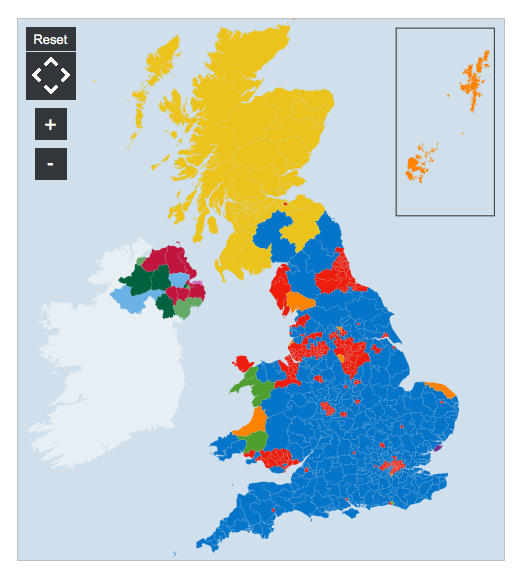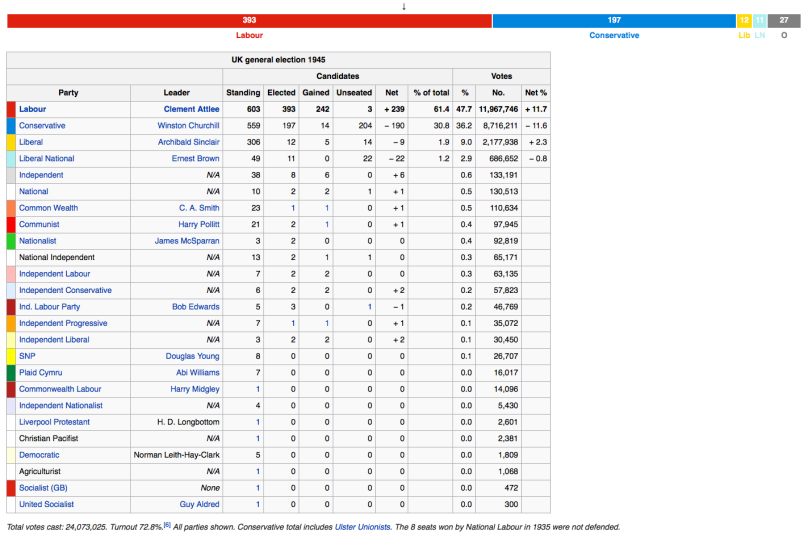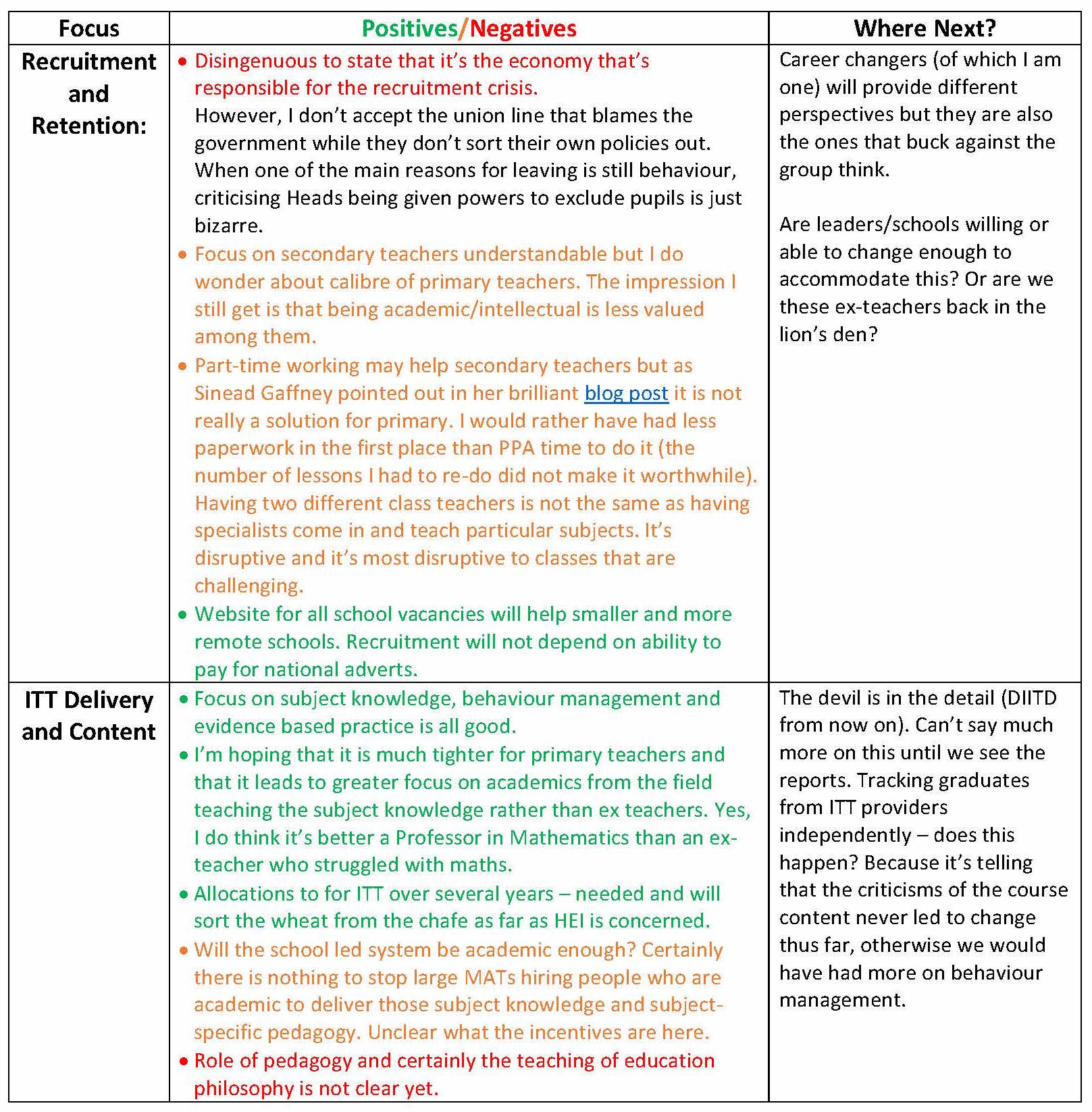Not Waving But Drowning
Having argued that the ability to mass academise schools is not undemocratic, I read this today from @dutaut – here where he argues that it is not undemocratic but anti-democratic.
First things first:
“Simply put, it (democracy) is a governmental system which allows people to hold their political leaders to account. They do this at the ballot box, but, as my Year 10 reminded me today, in a myriad of other ways too: protest and demonstrations, petitions and letters, campaigns and advocacy, litigation, membership of parties and pressure groups.”
Except that the ballot box is what counts. All the other means that JL points out are valid ways for individuals and groups to make their voices heard but it is not un or anti-democratic for a government to ignore these and make policy regardless.
No doubt those who take part in the anti-austerity marches feel their ideas and beliefs should influence policy but so does the EDL when it protests against Muslims and immigration.
What is good for the goose is good for the gander. Now I am sure that many of the righteous will baulk at this but the truth is that it’s anti-democratic to say the protests of the former are ‘right’ and those of the latter are ‘wrong’ in some objective way. The former did not get a mandate at the ballot box any more than the latter. They do have a right to their views whether I like it or not. Freedom of speech, thought and conscience are universal human rights – specifying the content would make them redundant.
JL goes on to state that a key argument against PR is that it loses the local link. I think he means those advocating for first past the post. There are many ways of maintaining a link between the local and national even in a party-list PR system.
Even if you do agree with the link between constituency and MP, it doesn’t mean that you are contradicting yourself if you favour more centralisation. The fact is that there are many ways of selecting national representatives in a democratic system – geographical is only one of them. In some countries representation is linked to social classification (as in India). You could have a system where the representation is based on height, weight or shoe size of the population. Silly? Maybe but does not make it anti-democratic. Representing regions in parliament is a historical legacy.
The other argument he proposes is that it is anti-democratic to centralise power. Except it isn’t.
I spent many months over three years researching the arguments for and against devolution. Both in theory and practice unitary states are not inherently less democratic than federal states, or highly centralised systems inherently less democratic than highly decentralised ones. There are pros and cons for each system – take your pick and accept both the good and the bad that goes with it.
The government is well within it’s right so centralise as it is to decentralise. It’s not even true to say that there is an optimal place for power to reside on any issue. It depends on circumstances, the nation and society in question at any particular point in time.
Ultimately JL has played to his audience perfectly. They think it’s wrong on principle and no matter how awful the LAs are they are considered preferable to MAT’s. If they can add the accusations of it being anti-democratic then all the better.
Instead of analysing localism and democratic accountability, JL reifies it, even more so when blaming liberal economic thinking of robbing us all of local democracy.
“Who will you vote out if you’re unhappy?” he asks as though it is the norm in this country to vote out councillors when LAs have dire records. Jonathan Simons highlights that the idea of local democratic accountability is a sham when it comes to education.
Who will we vote out? If we vote out anyone at all, then it’s only MPs from the governing party (in this case the Conservatives) who have anything to fear.
Actions speak louder than words.
We expect the Secretary of State to take ultimate responsibility for problems in education so why shouldn’t she have the power to match?










